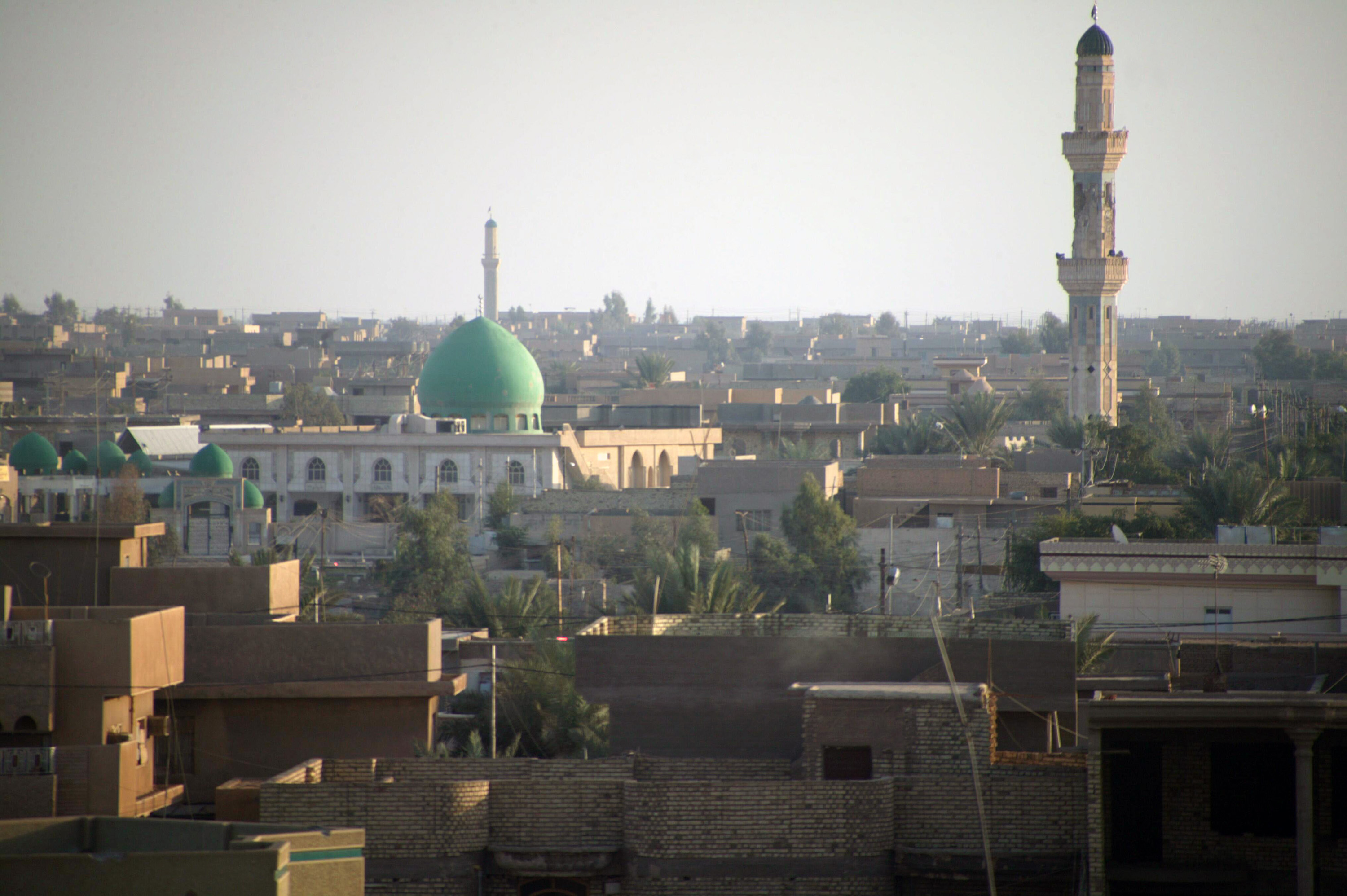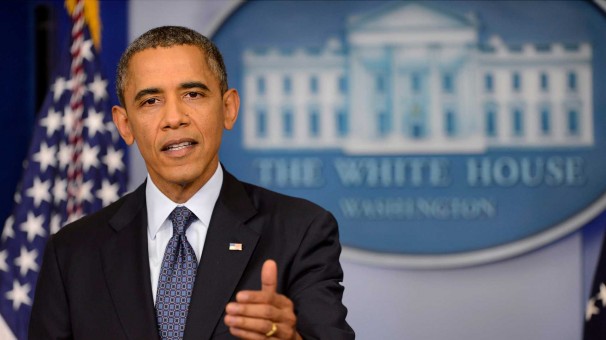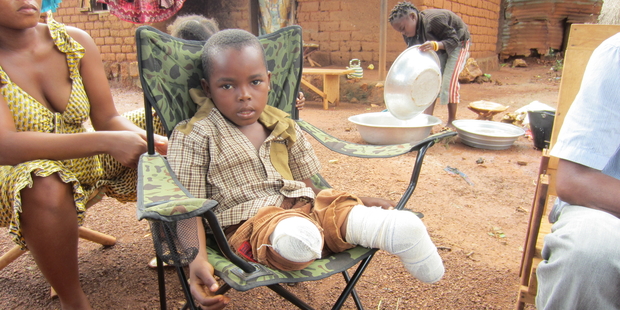A rebel al Qaeda insurgency has further aggravated a tribal stand off between Iraq’s government and parts of its Sunni population that began after the arrest of Sunni MP Ahmed al-Alwani late last year.
On New Year’s Day, Islamist rebels stormed and took control of various cities and towns in al Anbar province of Iraq, markedly Fallujah and Ramadi, both of which saw intense fighting between coalition and insurgency forces through the Iraq war.
Just over a week later, a suicide bomber killed at least 23 Iraqi army recruits and injured almost 40 others at a Baghdad airfield, mirroring an earlier attack on the same airfield in February 2004. The latest series of attacks came last week, when bombings and violence across Iraq resulted in at least 75 deaths and hundreds of injuries.
While recent military efforts of the Assad regime have largely focused on battles with rebels in Syria’s northwest, other rebel branches in the eastern desert have crossed over the porous border between Syria and Iraq and declared cities and villages across Anbar province as Islamic emirates. Prime Minister Nouri al-Maliki now finds himself with the responsibility of expelling rebel terrorist groups while achieving political resolutions to damaged relations with the Sunni population of central Iraq.
Reports have indicated a resurgence of radical al Qaeda affiliated groups in Anbar, where nearly a third of all American soldiers killed in Iraq died. On New Year’s Day, the Iraqi government conceded it had lost control of both Ramadi and Fallujah to Sunni rebels fighting under the black flag of the Islamic State of Iraq and al-Sham (ISIS) and in some areas, rogue “Daash” terrorist groups. Since then, both the US Department of State and Iranian officials have expressed support for the Iraqi government and offered tactical and intelligence support for future operations.
For its support of the Syrian regime, officials and supporters of the Maliki government in Baghdad have become targets of terror attacks, but some argue that as the militant group ISIS stretches its authority too thin across Syria and Iraq, Maliki, with Washington and Tehran’s backing, will be able to take broader steps towards reconciliation with Iraq’s Sunni population and drive out radical Islamists from the province.

GHOSTS OF FALLUJAH
In April of 2003, there was growing support among residents of Fallujah for insurgent groups resisting American occupation after US forces opened fire on mass gatherings of civilians in the city on two separate occasions. Within a calendar year, the tide of public opinion had turned against coalition forces, represented by a poll showing two-thirds of central Iraqis viewed the invasion as more of a humiliation than a mission to liberate the country from Ba’athist rule.
By mid-2004, US forces aware of a worsening security situation watched as Fallujah became the command centre of radical Jihadists in Iraq. In late March, videos emerged showing residents of Fallujah dragging the burnt corpses of four Blackwater military contractors through the city’s streets before hanging the charred remains from a bridge. The US military is currently investigating a series of photographs recently released showing American Marines burning the remains of Iraqi insurgents in Fallujah in 2004. No further details have been provided.
The battles of Anbar province are symbolic to both Iraqi and American national identities. To the United States, the cause that so many soldiers died for in an unprovoked war has been compromised by its recapture. To Iraqis, the death tolls represented a disproportionate response of the coalition forces to the killing of four Blackwater personnel and contributed to the growing perception of Fallujah as not merely a Sunni, but a national Iraqi event.
“We don’t want this city to suffer and we will not use force, as long as the tribes announce their readiness to confront al Qaeda and expel it,” Maliki said in early January.
Prior to the Blackwater incident described above, US forces were considering “a cautious plan for taking Fallujah and not rushing into a major battle.” US military commanders remained adamant that several initiatives needed to be taken prior to the commencement of military operations, but these initiatives were either accelerated or discontinued when on April 1st, Secretary of Defense Donald Rumsfeld ordered US forces to enter Fallujah. Within a week, two Marine battalions advanced into the city’s depths.
Pervasive issues such as “poor relationships with moderate Sunnis, inadequate intelligence collection, and undeveloped Iraqi forces” created a chaotic situation where there was insufficient time to evacuate the city’s residents in order to minimize civilian casualties.
Moreover, US Forced largely failed to consult Iraqi authorities of the impending assault on Fallujah, and although many residents chose to not take up arms against the Americans, their support for coalition forces was thereafter limited. Popular uprisings in Fallujah quickly spread to neighbouring cities in central Iraq and contributed to a growing sense of unity between Sunni and Shi’a and moderate and extremist. Fallujah was to see another round of fighting in November of 2004, when US forces formally announced bombings shortly after George W. Bush secured a second presidential term earlier that month.
Echoing the lessons from the battles fought in Anbar nine years earlier, the Iraqi military today has surrounded besieged cities while urging residents to evacuate before any major offensive takes place. “We don’t want this city to suffer and we will not use force, as long as the tribes announce their readiness to confront al Qaeda and expel it,” Maliki said in early January.




